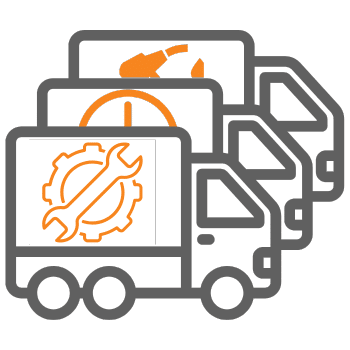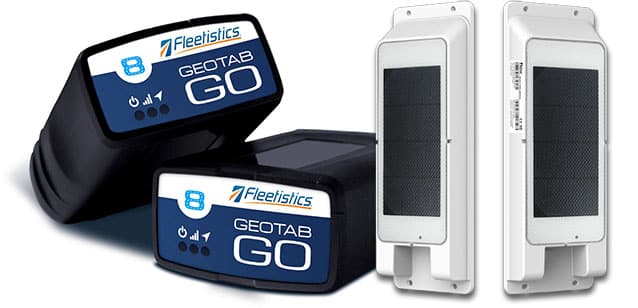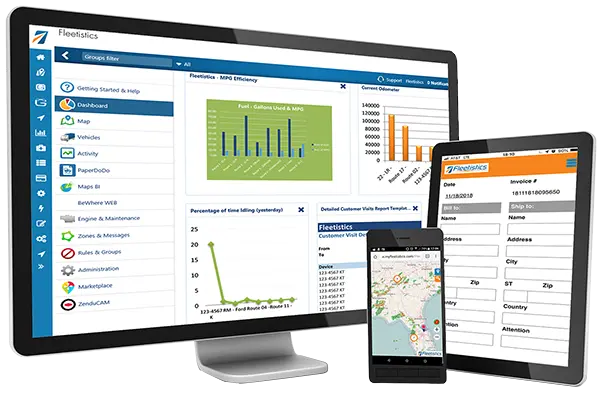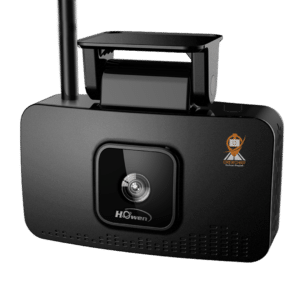By deciphering VMRS codes, fleet managers can gain deeper insights into maintenance activities, identify trends, and make informed decisions to optimize fleet performance and reliability. With numerous vehicles operating across various industries, maintaining efficiency and ensuring optimal performance is paramount. One critical aspect of effective fleet management is maintenance reporting. It not only helps in tracking vehicle health but also aids in identifying patterns, optimizing resources, and reducing downtime. In this regard, Vehicle Maintenance Reporting Standards emerge as a powerful tool, offering a range of benefits for fleet managers. Let’s delve into the advantages of these reporting standards in maintenance reporting and how it enhances overall fleet operations.

What is VMRS?
Vehicle Maintenance Reporting Standards, is a universal coding system developed by the American Trucking Associations (ATA) to standardize maintenance reporting across fleets. It provides a structured framework for categorizing and analyzing maintenance activities, enabling consistent communication and data interpretation within the industry. VMRS codes cover various aspects of vehicle maintenance, including repairs, inspections, parts replacement, and more.
Scalable and Manageable Analytics
One of the primary benefits of VMRS is its ability to provide scalable and manageable analytics solutions for fleets of all sizes. By employing standardized codes, these standards streamline the maintenance reporting process, regardless of the fleet’s complexity or the number of vehicles in operation. This uniformity simplifies data collection and analysis, allowing fleet managers to generate insightful reports and identify trends efficiently.
Enhanced Data Accuracy and Integrity
Accurate data is the cornerstone of effective fleet management. VMRS ensures data accuracy and integrity by eliminating ambiguity and standardizing terminology. With predefined codes for various maintenance tasks, VMRS reduces the likelihood of errors or discrepancies in reporting. This ensures that maintenance activities are recorded consistently across the fleet, facilitating reliable performance analysis and decision-making.
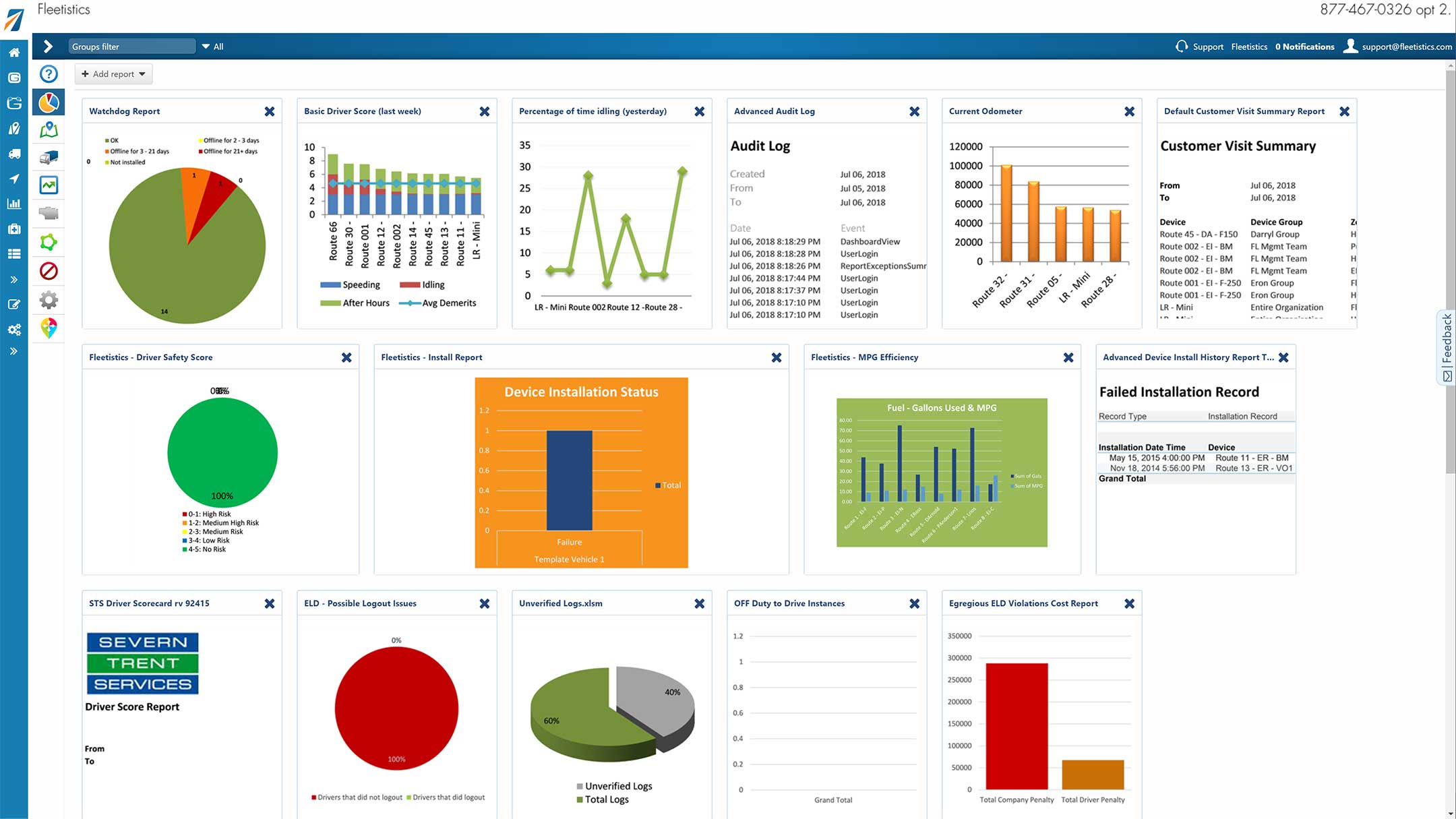
Improved Maintenance Tracking and Forecasting
Effective maintenance tracking is essential for preventing breakdowns, optimizing vehicle lifespan, and minimizing operating costs. VMRS facilitates comprehensive maintenance tracking by categorizing activities based on their nature and severity. This categorization enables fleet managers to identify recurring issues, prioritize maintenance tasks, and develop proactive maintenance schedules. By leveraging VMRS codes, fleet managers can anticipate maintenance needs more accurately, reducing unplanned downtime and enhancing overall operational efficiency. Understanding the numerical breakdown of VMRS codes is crucial for harnessing the full potential of this standardized maintenance reporting system.
Facilitates Benchmarking and Best Practices
VMRS not only standardizes maintenance reporting but also facilitates benchmarking and the sharing of best practices within the industry. By using universally recognized codes, fleet managers can compare maintenance metrics with industry benchmarks and identify areas for improvement. Furthermore, VMRS allows fleets to benchmark their performance against similar organizations, enabling them to adopt best practices and optimize their maintenance strategies for better outcomes.
Conclusion
In conclusion, Vehicle Maintenance Reporting Standards offer a myriad of benefits for fleet managers seeking to optimize maintenance reporting and enhance operational efficiency. From scalable analytics solutions to improved data accuracy and seamless integration with technology, VMRS empowers fleets to streamline maintenance processes, mitigate risks, and drive performance improvements. By adopting VMRS as a standardized coding system, fleet managers can unlock valuable insights, optimize resource allocation, and ultimately achieve greater success in managing their fleets.
